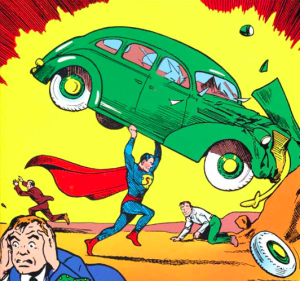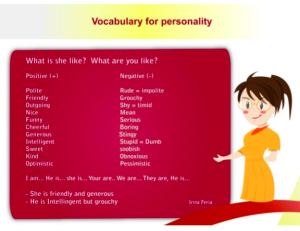Personally, I do not like yoga that much. I have done regular yoga and hot yoga and I would much rather work out on my own or do something else. I was not concentrated and did not enjoy it. However, others love yoga and some even participate in it every day. They claim that it even can get people over depression and anxiety. That is the question I have: Can yoga really decrease depression or anxiety?
The Harvard Health Publication looked into this question deeper. Yoga moderates stress response systems so it decreases heart rate and blood pressure. The link above showed one study that had to do with your stress and another that looked at how yoga effected mood. In the first study in 2008 was conducted at the University of Utah. It included 12 frequent yoga members, 14 people with a condition called fibromyalgia which is a stress-related illness that is characterized by hypersensitivity to pain, and 16 healthy volunteers. They were gathered to study their own specific responses to pain. After subjecting them all to thumbnail pressure on different levels, the fibromyalgia participants felt the most pain at lower pressure levels than the other two groups. On the other hand, the yoga participants had the highest pain tolerance out of the three groups and on the MRI the lowest pain related brain activity. Researchers included that yoga can help regulate stress from looking at their pain responses. There could be things wrong with this study, however. They should not be comparing the yoga participants to people with fibromyalgia because they obviously will not have good pain tolerance at all, given their condition. But they were also compared to healthy people so I believe that this makes up for it. I do think that this was an overall legitimate study. Stress could be related to pain in this way because sometimes stress is painful, maybe not physically but mentally. It all depends on how well we handle this change in our body.
The second study conducted was published in 2004, had 24 women participants, and looked at how yoga effected mood and overall functioning. These women, although not technically diagnosed with depression, felt emotionally down or unstable for a previous amount of time. The participants were split up into two groups. The first group was told to take two 90 minute yoga classes for the duration of 3 months. The control group was told to maintain their daily lives and to not engage in any exercise or stress reduction activities throughout the 3 month period. At the end of the study, when measures again, the yoga group of women reported they had improvements in the areas of stress, depression, anxiety, fatigue, and overall well being. Depression had improved by 50%, anxiety by 30% and well being by 65%. Overall, the yoga group had much more improvement then the control group. This seems like a good study that had been done. It seems that the researchers were correct in their hypothesis that yoga does improve mood and depression, per say. It is good in this study that they had a control group so that way they could be compared. However it may have been a bit unethical to not allow them to fix their depression or emotional status throughout the 3 months. Both of the studies were randomized control trials.
All in all, I do believe that yoga can improve mood, depression, and overall well being. The main focus of yoga is to calm the mind and it could be a certain form of meditation. If it reduces stress, I think that all us college students should start on a regular basis!














